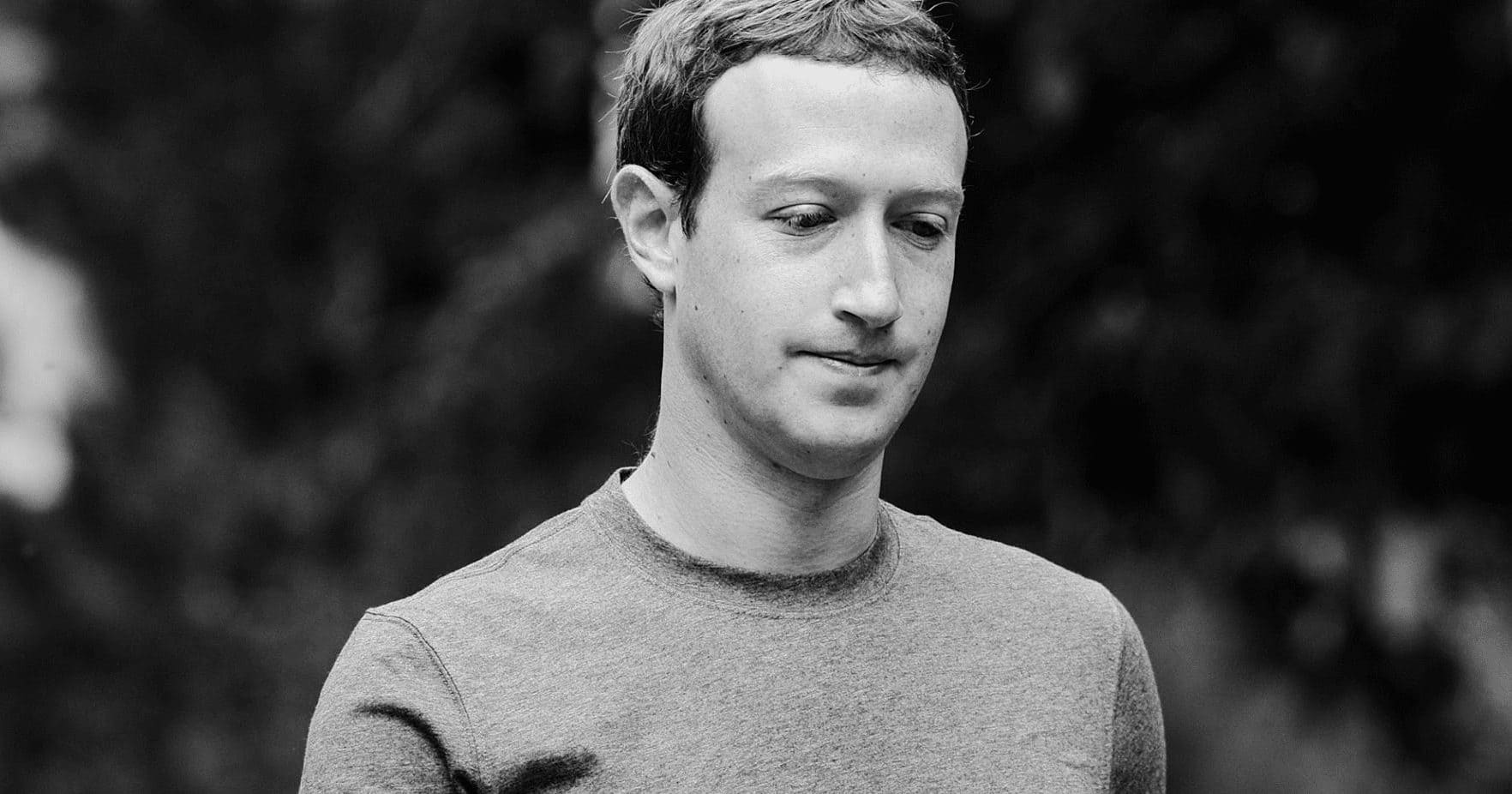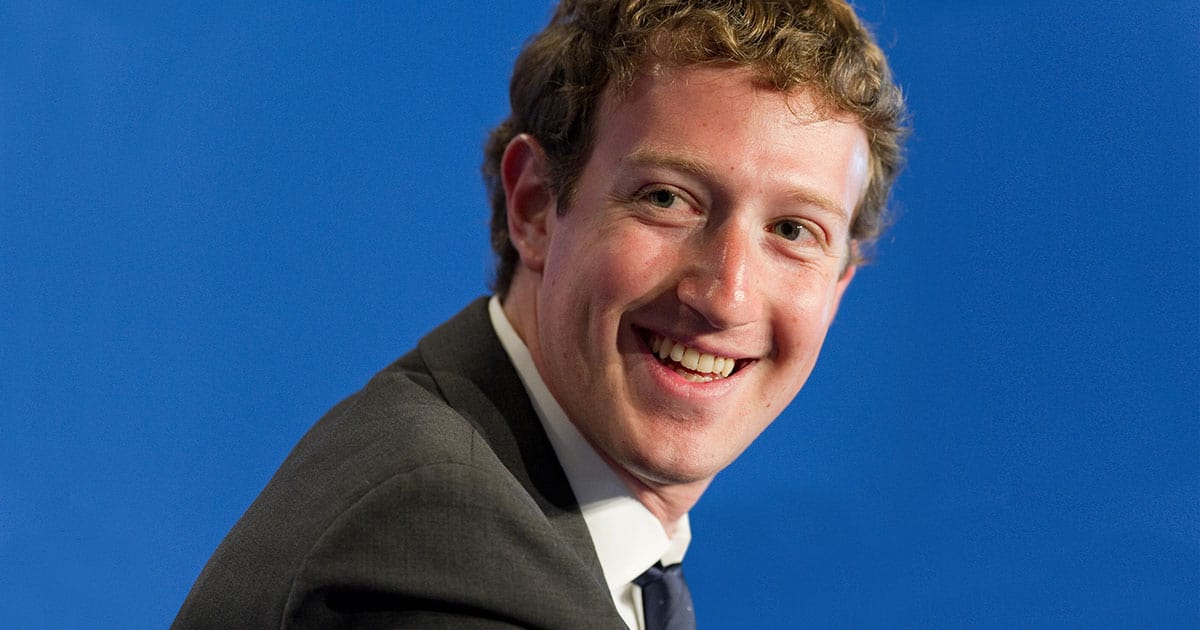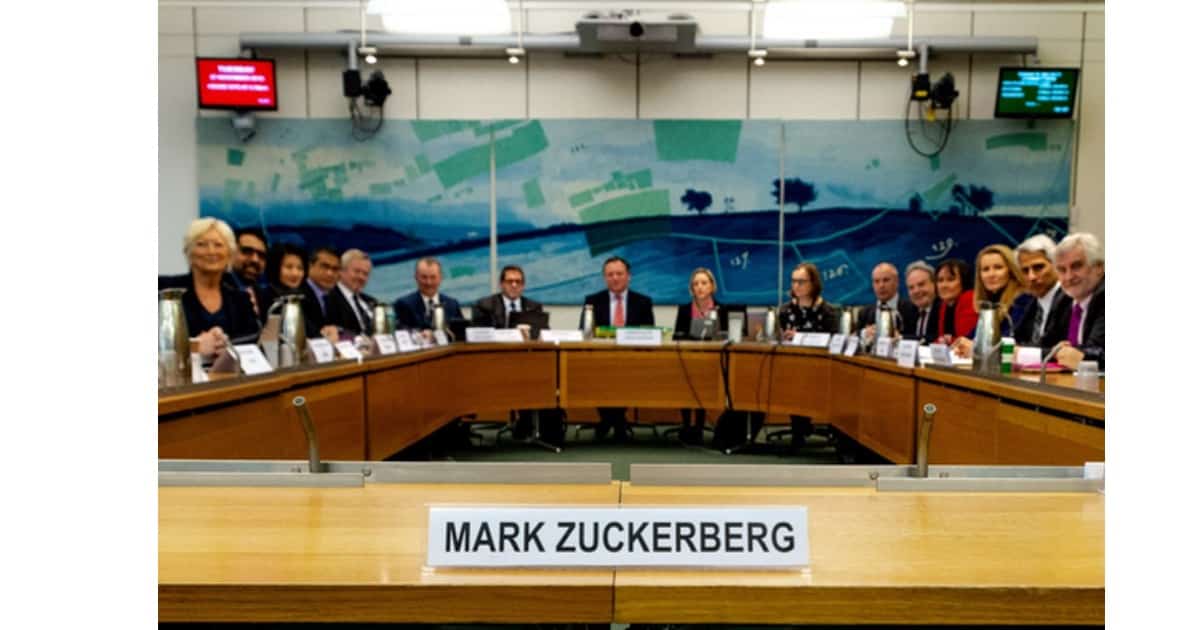Over 100,000 open databases were found on Amazon Cloud and contained the personal information of millions of Facebook users.
Mark Zuckerberg
Mark Zuckerberg Ruined the Internet. Now He Pretends to Care About It
Mark Zuckerberg is at it again with another essay. This time he says that the internet needs to be regulated and thinks Congress should focus on four areas first. Roger McNamee gives his thoughts on it.
Mark Zuckerberg’s recent opinion piece in the Washington Post is a monument to insincerity and misdirection. The essay offers proposals to address four important issues – harmful content, election protection, privacy and data protection, and data portability – but each proposal is transparently self-serving.
Facebook vs Snapchat is Like Steve Jobs vs Bill Gates
Facebook’s so-called “pivot to privacy” has elicited a number of reactions. One of the more incisive ones comes from Kara Swisher. In a New York Times Sunday review column, Ms. Swisher compared Facebook’s attempts to bolster private messaging, in direct competition with Snapchat, to the battle between Steve Jobs and Bill Gates. In that case, Mr. Jobs’s “stunning creativity” eventually “won out.” This time, the size of Facebook may mean Mr. Zuckerberg can make a success of the Snapchat model. If he really means it.
Mr. Zuckerberg is to Bill Gates as Mr. Spiegel is to Steve Jobs. Mr. Jobs always had better ideas and vision than Mr. Gates. But Apple spent a long time in dire straits while he pushed his high-level concepts about security, privacy, and design and simplicity. Mr. Gates, on the other hand, was an unqualified genius at business models and systems, and he clearly understood the depressing truth that good enough was good enough for a lot of consumers.
That Ominous Figure in the Corner of Your Digital Living Room is Mark Zuckerberg
Mark Zuckerberg wants Facebook to be your “digital living room” where you can privately share your thoughts, messages, and photos of your kids that the company will use for advertising purposes. Which was a topic left out of his essay on his new “privacy-focused vision.”
I understand that many people don’t think Facebook can or would even want to build this kind of privacy-focused platform — because frankly we don’t currently have a strong reputation for building privacy protective services, and we’ve historically focused on tools for more open sharing. But we’ve repeatedly shown that we can evolve to build the services that people really want, including in private messaging and stories.
Facebook Shuts Down Onavo Spyware...We Think
Facebook is shutting down its Onavo spyware VPN and associated “research” app. That is, if you believe anything Facebook says.
To preempt any more scandals around Onavo and the Facebook Research app and avoid Google stepping in to forcibly block the apps, Facebook is now taking Onavo off the Play Store and stopping recruitment of Research testers. That’s a surprising voluntary move that perhaps shows Facebook is finally getting in tune with the public perception of its shady actions.
Eh, I wouldn’t go that far. Not with Facebook blaming users when it screws them over.
Facebook Blames Users for Expectation of Privacy
Facebook blames users because we shouldn’t have an expectation of privacy when it comes to Facebook groups.
Facebook Lets You Search for Photos of Your Female Friends
Matthew Hughes writes about how Facebook lets you search for photos of your female friends, but not your male friends. Not that you should creep on guys either, though.
Facebook lets you search for photos of your female friends, but refuses to play dice if you want to look up pictures of your male friends. The bizarre find was discovered this weekend by notorious Belgian white-hat hacker Inti De Ceukelaire.
Every time I ask myself, “Can Facebook get any more toxic?” The answer is YES. It’s as if Mark Zuckerberg is competing to be the Worst Person in America.
Facebook Research Broke the Rules. Now it Faces the Consequences
Casey Newton wrote a defense of Facebook/attack of Apple, because of the Facebook Research app that got banned.
But for all the attention we’re paying to Facebook’s moves here, I hope we spare at least as much for Apple. If Tim Cook can wreak this much havoc on Facebook’s day, however justified, just imagine what power Apple holds over the rest of us.
That power is App Store rules, which Facebook willfully ignored. We should be glad that big companies have to follow the same rules as small companies. If you’re a Facebook employee unable to use internal apps, don’t be mad at Apple. Instead, be mad at your employer who was willing to throw it all away in order to take advantage of children.
What Mark Zuckerberg Really Meant in his Wall Street Journal Piece
There has been a lot of reaction to *that* Mark Zuckerberg piece in the Wall Street Journal last week. The Facebook CEO and founder tried to allay users’ fears about how the service uses their data. TMO’s Andrew Orr described it as “tone deaf,” which seems pretty on the money to me. Kara Swisher used her New York Times column Friday to rewrite the column and explain to readers what Zuckerberg really mean. Not surprisingly, it is funny, cutting, and well worth a read.
The post was essentially the greatest hits that we have heard Mr. Zuckerberg sing for a while now. He focused on the enormous advertising system that powers Facebook, while ignoring almost entirely the news from the last disastrous year, including Russian abuse of the platform, sloppy management of data, recent revelations that the company throws some pretty sharp elbows when it needs to, and more. You kind of get why Mr. Zuckerberg would want to forget it all.
Facebook Messenger, WhatsApp and Instagram to be Integrated
Facebook Chief Executive Mark Zucerkberg plans to integrate Facebook Messenger, WhatsApp and, Instagram. A detailed report in the New York Times said that the move could happen at the end of 2019 or 2020. Mr. Zuckerberg reportedly wants all the services to use end-to-end encryption. It would mean that a user with a Messenger account, could send an encrypted message to a user with just a WhatsApp account, for instance.
By stitching the apps’ infrastructure together, Mr. Zuckerberg wants to increase the utility of the social network, keeping its billions of users highly engaged inside its ecosystem. If people turn more regularly to Facebook-owned properties for texting, they may forgo rival messaging services, such as those from Apple and Google, said the people, who declined to be identified because the moves are confidential. If users interact more frequently with Facebook’s apps, the company may also be able to build up its advertising business or add new services to make money, they said.
Mark Zuckerberg's Op-Ed is Tone Deaf
Mark Zuckerberg has written an op-ed for The Wall Street Journal, and it’s as tone deaf as ever.
Sometimes this means people assume we do things that we don’t do. For example, we don’t sell people’s data, even though it’s often reported that we do. In fact, selling people’s information to advertisers would be counter to our business interests, because it would reduce the unique value of our service to advertisers. We have a strong incentive to protect people’s information from being accessed by anyone else.
Any service that relies on ad money means the advertiser is the customer. I’d love to hear from an advertiser that would refuse access to peoples’ personal information. Facebook may not sell that data directly to advertisers but you can bet it sells access to the data. Two different words that point to the same destination.
Mark Zuckerberg Revealed his Challenge for 2019
Mark Zuckerberg announced that in 2019 he is going to host a number of public discussions about the future of tech.
Should Zuckerberg Go, Tumblr Death Spiral, Wall Street and Apple - with Chuck Joiner: ACM 491
Bryan Chaffin is joined by Chuck Joiner from MacVoices to discuss Facebook’s ongoing crisis of blunders and mistakes, and whether or not CEO Mark Zuckerberg should go. They also look at what seems to be Tumblr’s real-time death spiral, and debate whether or not Wall Street is punishing Apple for not reporting iPhone sales and whether or not that’s OK.
UK Facebook Hearing: Global Democratic Institutions Being 'Upended by Fratboys Billionaires from California'
The session was wide ranging, but included accusations that Facebook has upended democratic institutions, led by “frat bot billionaires from California.”
Mark Zuckerberg Tries to Tackle Growing Criticisms
Under-pressure Mark Zuckerberg has published a note laying out how Facebook plans to govern content in the future and its progress in 2018.
Facebook Execs Told to Avoid iPhones Because of Tim Cook
What particularly made Mr. Zuckerberg mad was Tim Cook’s comments during a joint MSNBC and Recode interview.
Here's How to Watch Mark Zuckerberg's EU Privacy Hearing Live
Facebook CEO Mark Zuckerberg is going before the European Parliament today to answer questions about the social network’s privacy policies. The event will be streamed live on the interent from the EP website, which means everyone can watch and see how it compares to the recent U.S. Congressional hearings where he also testified. The live stream starts at 12:20 PM eastern time.
Share Buybacks and Apple's Future, Same Old Facebook, Google Duplex - ACM 461
Warning, this one went long: Bryan Chaffin and Jeff Gamet discuss what Apple’s share buybacks say about Apple’s future. They also weigh WhatsApp’s founder leaving Facebook, and what it says about Facebook and Mark Zuckerberg. They go over when diving into Google Duplex, a demonstration that was as awesome as it was devoid of real value.
Facebook's Shadow Profiles - TMO Daily Observations 2018-04-13
Bryan Chaffin and John Martellaro join Jeff Gamet take a look at Facebook’s shadow profiles on people who don’t have accounts, and how those accounts may impact online privacy legislation.
Senator Kennedy: Facebook's User Agreement Sucks
Facebook CEO Mark Zuckerberg testified at a Congressional hearing on April 10th about his company’s privacy policies and Senator John Kennedy (R-LA) took him to task saying, “Facebook’s privacy policy sucks.”
Mark Zuckerberg vs. Tim Cook, Apple's New AI Chief, and Making HomeKit Great - ACM 456
Facebook CEO Mark Zuckerberg and Apple CEO Tim Cook have been trading public barbs on privacy, and Bryan Chaffin and Jeff Gamet discuss the public tiff. They also discuss Apple’s hiring of Google’s former head of artificial intelligence and what it might mean for Siri (hint: good things!). They cap the show with a look at what it would take to make HomeKit the premier home automation platform.






